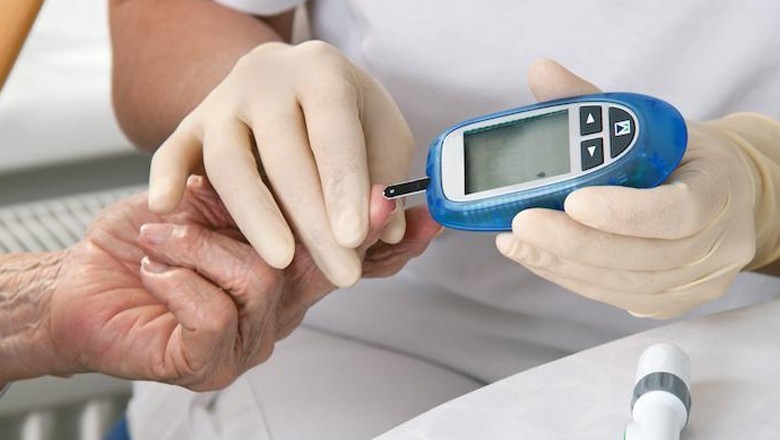Over 800m adults are diabetic globally, many left untreated: study

Webdesk
|
14 Nov 2024
Over 800 million adults globally are living with diabetes—almost double previous estimates—and over half of those over 30 years old with the disease are not receiving any treatment, according to a recent study.
In 2022, the research published in The Lancet indicated that approximately 828 million individuals aged 18 and older are affected by type 1 and type 2 diabetes worldwide.
The authors noted that among adults aged 30 and above, 445 million, or 59%, were not receiving treatment.
Previously, the World Health Organization (WHO) estimated that around 422 million people have diabetes, a chronic metabolic disorder characterized by abnormal blood sugar levels that can harm the heart, blood vessels, nerves, and other organs if left untreated.
The global diabetes prevalence has surged since 1990, rising from about 7% to 14%, as the study suggested, with a alarming increase in low- and middle-income countries being a key driver.
However, despite the escalating number of cases, treatment access in those regions has seen minimal improvements, according to the authors, while some higher-income countries have experienced progress, resulting in a growing disparity in treatment access.
For instance, in certain areas of sub-Saharan Africa, only 5% to 10% of individuals estimated to have diabetes are receiving treatment, remarked Jean Claude Mbanya, a professor at the University of Yaounde I in Cameroon. Managing diabetes, whether through insulin or medication, can be quite costly.
"A significant number [are] at risk of severe health complications," he remarked.
The National Collaborative on Disease Risk Factors and the WHO conducted the study, marking the first global analysis to encompass treatment rates and estimates for all nations, as stated by the authors. It draws from over 1,000 studies involving more than 140 million participants.
Diabetes was identified based on elevated fasting plasma glucose levels and high glycated hemoglobin, which are standard diagnostic criteria for the condition, or through diabetes medication use.












Comments
0 comment